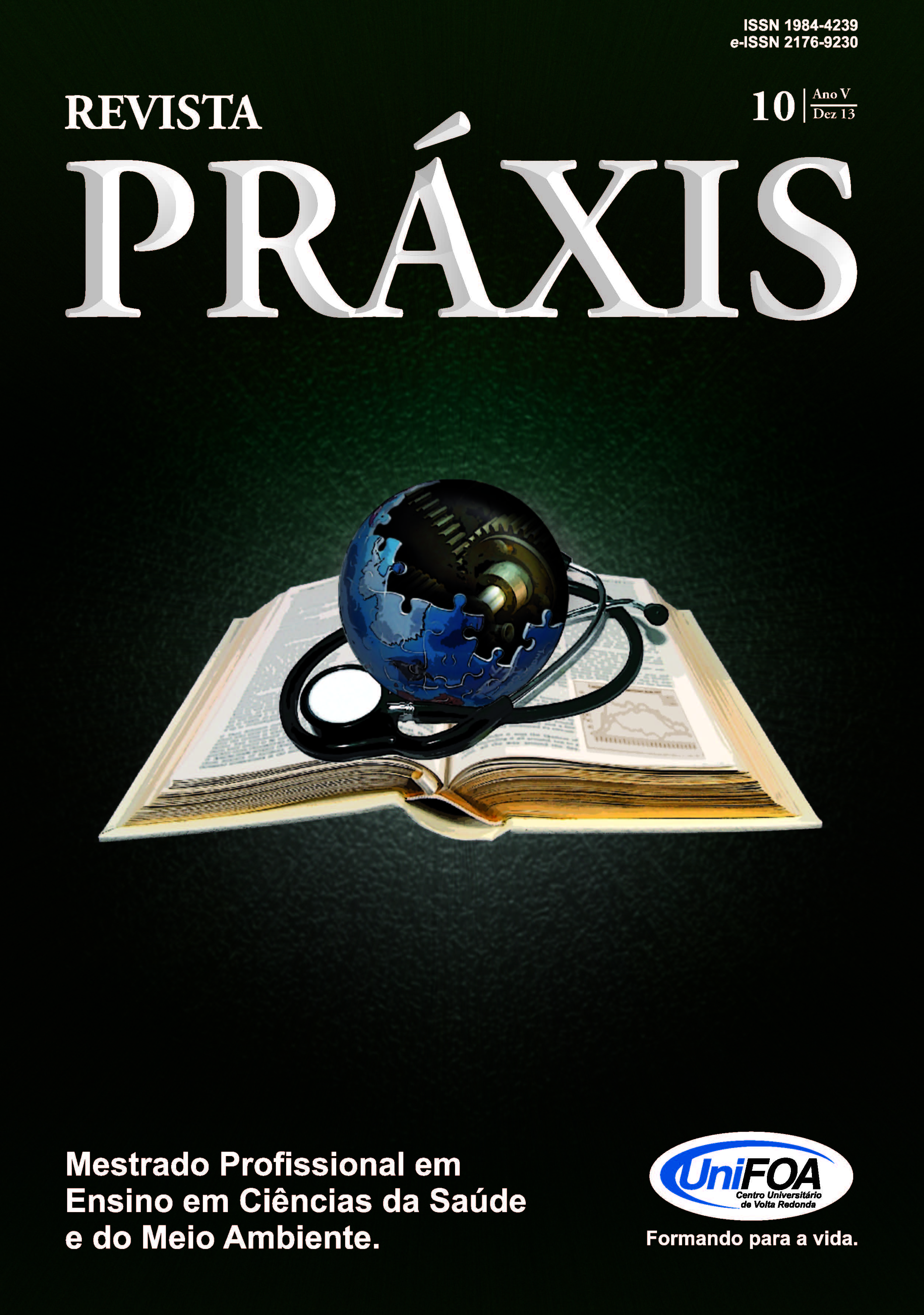ELECTRICAL WASTE: PERSPECTIVE BETWEEN TECHNOLOGY AND DISCARD
perspectiva entre a tecnologia x descarte
DOI:
https://doi.org/10.47385/praxis.v16.n30.4790Abstract
This article aims to explore the topic of Electrical Waste, not to tangle or discard two of them, using as a reference authors' analyses, statistical data, such as, for example, studies dealing with the lifting of MSW production in Brazil, information on or specifically given treatment. electroelectronic years, ANCAT information, etc. In search of information on the topic “disposal of electroelectronics”, we aim to diagnose and analyze through bibliographical research, or advance the methodologies used in Brazil, identifying possible problems and lack of final treatment given to these materials. Through the investigations carried out, based on studies that relate to the problems involving or specific disposal of these wastes within the current scenario of the collection of MSW in Brazil and the world, observations are compared in the final destination of these materials, as reported by the study in this article, on the increase in consumption of technological equipment and consequently the increase in the production of electronic waste, among the observations of two other authors. The studies demonstrate problems in the final destination of these materials, such as the lack of compliance with the measures to be taken by productive sectors and public agents, such as, for example, those related to reverse logistics, specific treatment of Electrical Waste, given that these materials present a potential risk of Environmental contamination due to chemical substances, harmful to the environment.











